A tragic flaw is one thing — every hero should have one — but Mayerling’s Rudolf, a syphilitic drug addict with a mother fixation and a death wish, is a very hard man to love.
Kenneth MacMillan’s 1978 ballet, currently being revived at Covent Garden, tells the complex tale of the Crown Prince of Austria-Hungary and his 1889 suicide pact with his teenage mistress. The narrative unfolds in flashback with cinematic sweep to a cunning patchwork of 30 Franz Liszt compositions invisibly mended by John Lanchbery. The grandeur of the Viennese court is deftly sketched by designer Nicholas Georgiadis. Vast interiors are evoked with a swath of fabric and the women’s gowns suggest the bulk of bustles without cramping MacMillan’s style.
Edward Watson, who danced the lead at last Friday’s opening, was never a natural prince — none of the three Tchaikovsky ballets is in his repertoire — and Rudolf’s adagios have always stretched his technique to the limit, but any rough edges only add to our sense of a personality in meltdown.
Watson’s partnering style is expertly tailored to each of the six women in the Prince’s life, culminating in the searing encounters with Mary Vetsera. Natalia Osipova goads him into a death spiral of despair, raising her leg in a deliciously slow développé of arousal (you can practically hear the fly buttons hitting the ceiling). The Russian star hurled herself into the acrobatic clinches and her greedy snatch at the fatal revolver was enough to chill the blood.
Federico Bonelli has spent most of his 14-year Royal Ballet career in elegant danseur noble roles. His funny, sexy Escamillo in Carlos Acosta’s otherwise dismal 2015 Carmen gave a hint of his dramatic range but Saturday’s Mayerling debut was a real surprise.
Rudolf’s first exchanges — resenting his bride, fancying her sister — offer little wriggle room for the dance-actor but the closet scene with the Empress shows another side to this arrogant princeling. Denied maternal affection, Bonelli’s touchy-feely Rudolf takes solace wherever he can find it, obsessively fondling his women like a child with a security blanket.
Bonelli’s intelligent reading was energised by Laura Morera, making her long overdue debut as Mary Vetsera. The character’s sudden switch from star-struck adolescent to doom-eager sex kitten can seem arbitrary but Morera articulates every stage with such clarity that by the time she is lying spatchcocked on the floor of the hunting lodge at Mayerling we are in no doubt as to how she got there.
Monday afternoon’s lovers were Steven McRae and the white-hot Sarah Lamb. McRae’s extraordinary command of time and space allows him to sharpen and polish each phrase to a point where the choreo-graphy seems to unfurl in freeze-frame. This remarkable technical facility leaves McRae’s body on autopilot while the actor takes care of Rudolf’s descent into madness and despair.
McRae hints at the Prince’s vulnerability but it’s his cruel streak you remember. In the wedding-night rape he bats his terrified princess (Meaghan Grace Hinkis in rag-doll mode) back and forth in a teetering pas de bourrée: a schoolboy testing the limits of a gyroscope; a tomcat tormenting a mouse.
A couple of Mayerling’s scenes feel like padding (dancing housemaids, anyone?) but few three-act ballets offer such a wealth of secondary roles and few companies have the strength in depth to cast them four times over.
The tarts in the Act Two tavern scene are far too pretty and much too clean — like a lower-sixth production of Cabaret — but Marianela Nuñez has fun as the air-headed Mitzi Caspar, blithely swinging and bouncing from man to man like a little girl in daddy’s arms.
Francesca Hayward, denied the leading role despite her triumphs in MacMillan’s Manon and The Invitation, made the most of Rudolf’s ravaged bride. Versatile Sarah Lamb was unusually sympathetic as the ex-mistress getting a forlorn kick from grooming her own replacement. Ditto Zenaida Yanowsky, in her farewell season, who embraces the Empress’s contradictions: shunning her own son but yielding to the embrace of her debonair English lover (Gary Avis, charm personified).
The only problem with character-playing this nuanced is that it denies the audience an easy villain and makes Rudolf’s arrogance and cruelty even harder to understand (or forgive). But then we see his loyal coachman Bratfisch, touchingly portrayed by James Hay (or Paul Kay or Alexander Campbell), sobbing his heart out in that rainy epilogue at the Heiligenkreuz cemetery and suddenly half the house is reaching for a handkerchief.
Got something to add? Join the discussion and comment below.
Get 10 issues for just $10
Subscribe to The Spectator Australia today for the next 10 magazine issues, plus full online access, for just $10.
You might disagree with half of it, but you’ll enjoy reading all of it. Try your first month for free, then just $2 a week for the remainder of your first year.

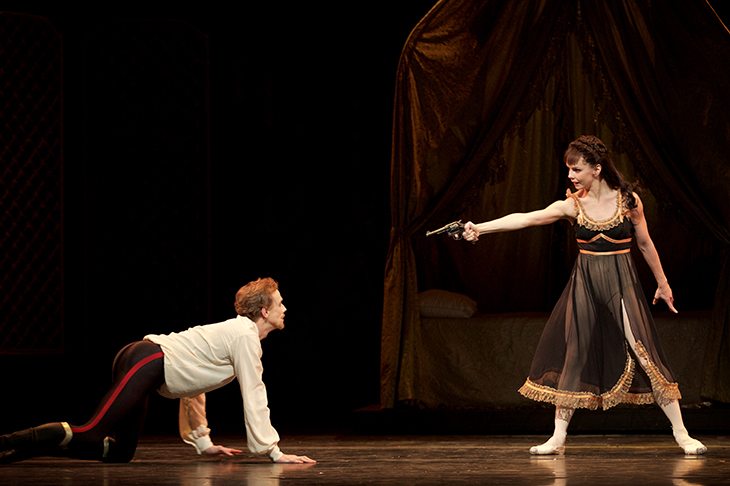
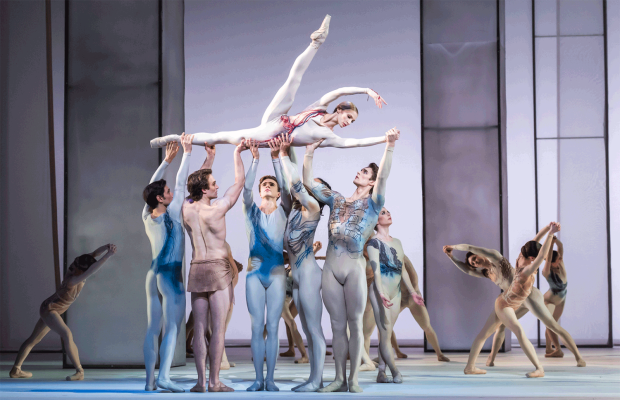
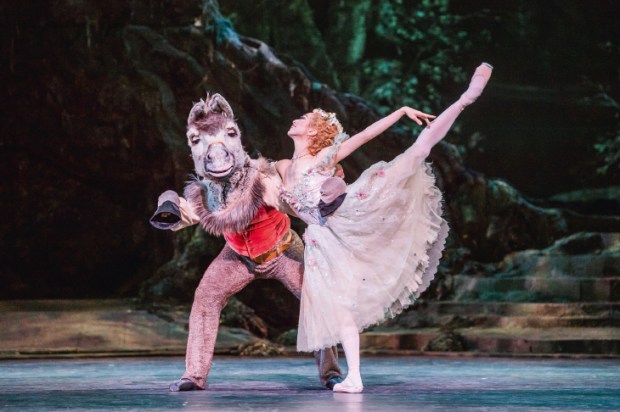
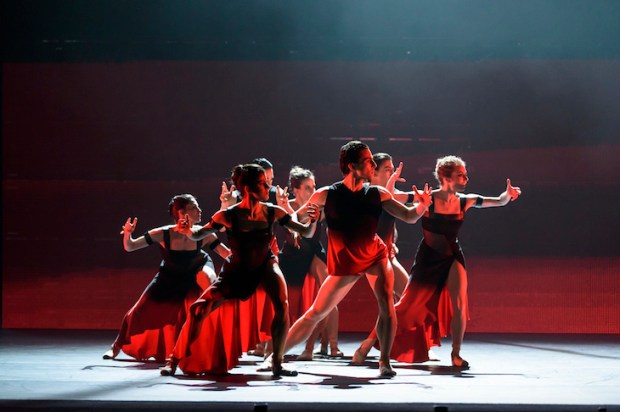
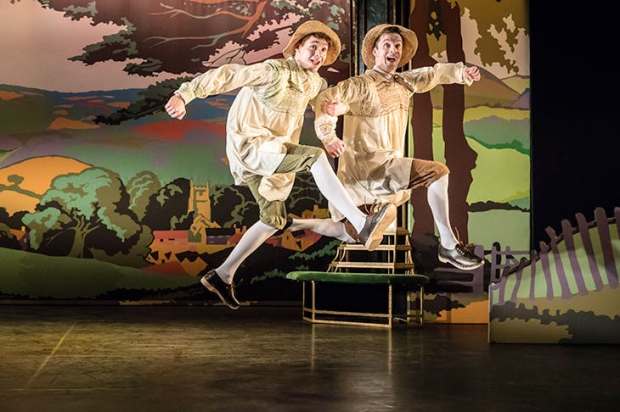






Comments
Don't miss out
Join the conversation with other Spectator Australia readers. Subscribe to leave a comment.
SUBSCRIBEAlready a subscriber? Log in